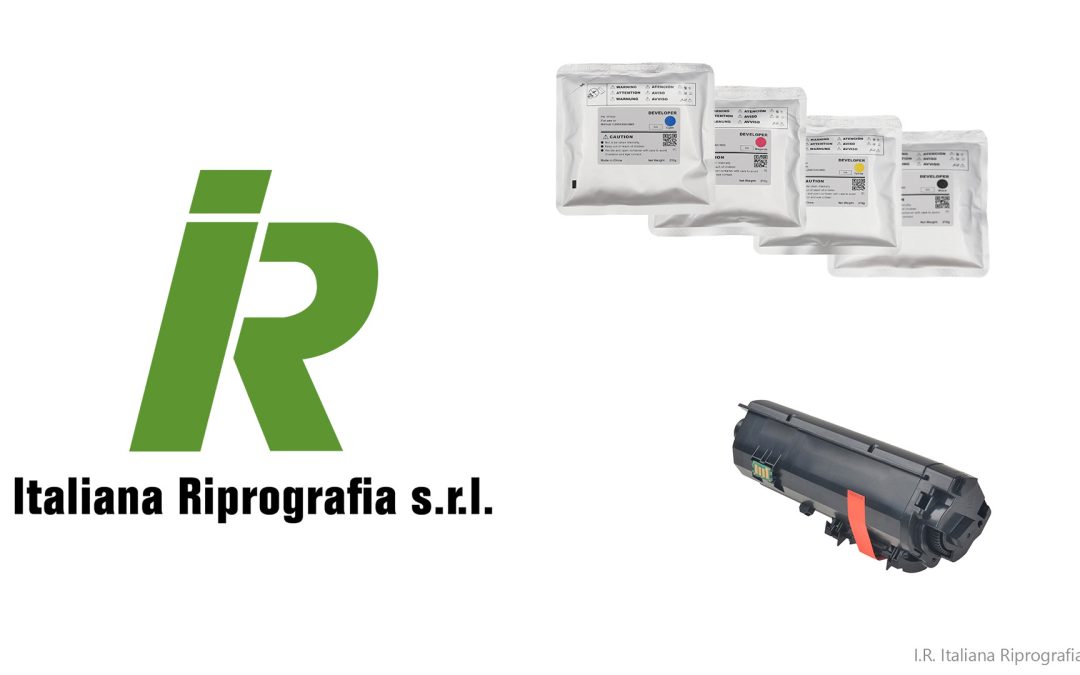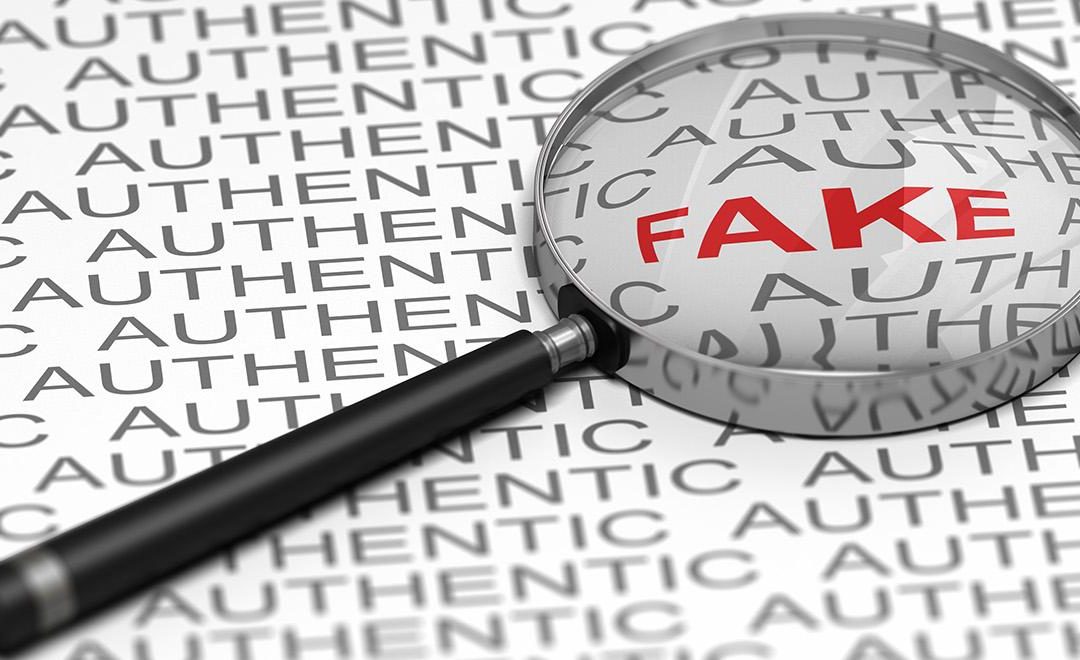Ecuador’s environment ministry is investigating whether imported compatible toner cartridges contain banned toxic flame retardants, citing potential violations of national law and international chemical safety agreements.
A government review in Ecuador over the importation of compatible toner cartridges follows a 2023 warning from Romanian authorities, suggesting a wider regulatory push against toxic plastics in the imaging sector.
The Ecuadorian Ministry of the Environment has confirmed it is investigating the presence of Persistent Organic Pollutants (POPs) in toner cartridges imported from China. The decision follows lab results referenced in the country’s Stockholm Convention implementation plan, based on testing carried out at Vrije University in Belgium, which found PBDE and HBCDD flame retardants in compatible toner plastics.
The importer, Laserink S.A., had asked whether it could continue importing these products, despite the findings. But Ecuador’s Constitution and environmental code prohibit the import of products containing banned POPs.
The Ministry said it would apply the principles of precaution and prevention and is preparing a technical report for COMEX, Ecuador’s trade committee, to determine next steps.
Who is Laserink?
Laserink S.A. is a long-established Ecuadorian importer and remanufacturer of imaging supplies. The company manages two consumer brands, Optimus and E-toner, and provides aftermarket cartridges, printer maintenance, and outsourcing services. It promotes circular-economy principles and highlights its use of recycled materials. In this case, Laserink approached the authorities to clarify whether its imported compatible toner cartridges complied with Ecuadorian law following concerns over the presence of banned substances.
Why are banned flame retardants still in plastics?
PBDEs and HBCDD were once common additives in electronics and appliance plastics, valued for their heat resistance and low cost. Today, they’re banned for new use under global chemical safety rules, yet they still show up in low-cost products like compatible toner cartridges. The reason is simple: recycled plastics from old electronics often contain legacy contamination. In regions with weak enforcement, these materials are reused in manufacturing, often without adequate controls or testing. The result is a new product, like a toner shell, carrying old, toxic additives.
What are PBDEs and HBCDD?
Polybrominated diphenyl ethers (PBDEs) and hexabromocyclododecane (HBCDD) are brominated flame retardants commonly used in plastics and electronic components. Both are classified as Persistent Organic Pollutants (POPs) due to their long-lasting, bioaccumulative, and toxic nature. Studies link them to hormone disruption, liver damage, and impaired brain development, particularly in unborn and young children. Because of these risks, their use is restricted under the Stockholm Convention, and many countries have banned products containing them.
In 2023, The Recycler reported that Romanian authorities issued a rapid alert after finding excessive levels of DecaBDE, a brominated flame retardant banned under EU law, in compatible Pantum toner cartridges. The alert led to withdrawal from the market, with the EU Safety Gate system classifying the cartridges as posing a chemical risk.
While the Romanian case involved a specific brand and model, Ecuador’s action targets a broader category, “generic/compatible” laser toners, and reflects concerns about environmental compliance in new-build imports.
Both cases suggest increased government scrutiny over plastic additives in imaging consumables, especially those sourced from unregulated factories.
What is the Stockholm Convention?
The Stockholm Convention is a global treaty adopted in 2001 to eliminate or restrict the production and use of Persistent Organic Pollutants (POPs). These are chemicals that last in the environment, build up in the food chain, and pose health risks to humans and wildlife. PBDEs and HBCDD were added to the treaty’s ban list between 2009 and 2013, with limited exemptions that are now expiring. By ratifying the convention, countries like Ecuador commit to banning imports of products containing these substances and phasing out contaminated materials — even if they’re recycled.
“What we’re seeing now is the Stockholm Convention shifting from principle to practice,” one regulatory compliance expert said. “It’s no longer just a signed commitment — it’s becoming a real enforcement mechanism. Authorities are starting to demand traceability, hold importers accountable, and restrict products that breach global chemical bans.”
The outcome of Ecuador’s technical review may set a precedent for other countries in Latin America and send a signal to importers across the sector to tighten quality controls on recycled materials.




















